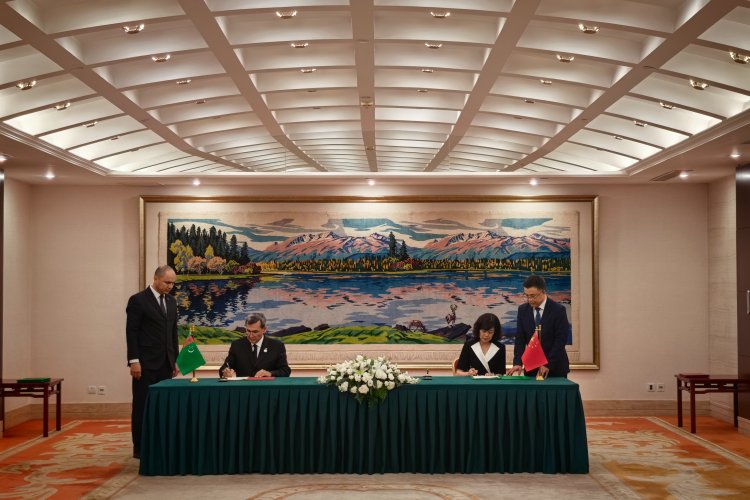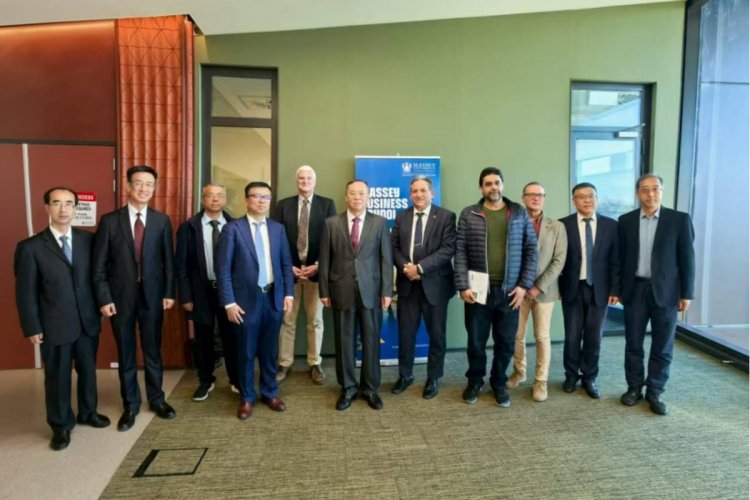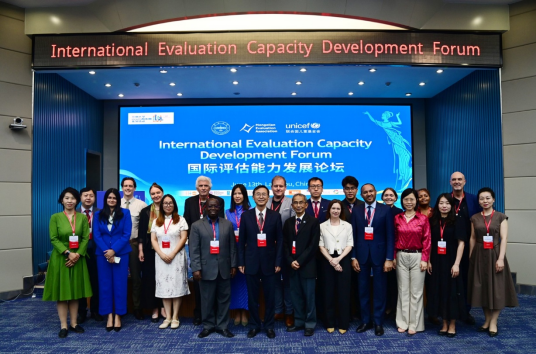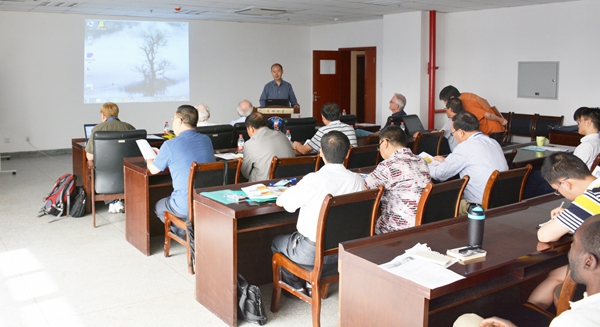
The ARID Net-Loess Plateau Seminar was held at Lanzhou University Biological from Aug. 17 to Aug.21. More than 20 experts from provinces in the Loess Plateau of China like Shanxi, Shaanxi, Ningxia and Gansu, and countries including the United States, Germany, Italy, Australia, attended the meeting, which was chaired by Prof. Li Fengmin, Cheung Kong Scholar of LZU, and James F. Reynolds, Chair Professor of the Thousand Talents program.
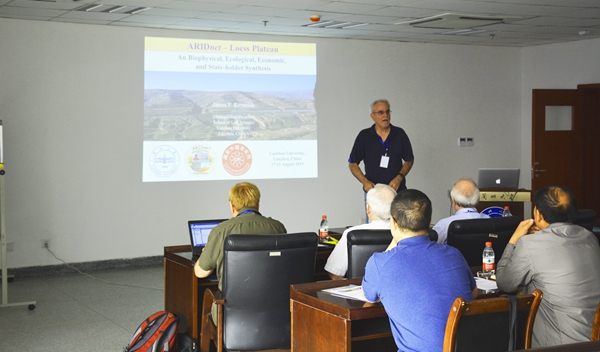
On the first day, experts conducted a retrospective analysis of and discussion on the governance and development of ecological agriculture in the Loess Plateau dryland in the past 30 years, then went to the North Mountainous Area in Yuzhong Region, Anding District of Dingxi City for a two-day field investigation, covering LZU Dryland Agro-ecological Experiment Station located in the North Mountainous Area in Yuzhong Region, Rehabilitation of Pasturelands Demonstration Sites and Kaikai Agricultural Science and Technology Development Co., Ltd., Xiangquan Seed Potato Standardization Demonstration Base, Minxiang Pasture Co., Ltd., Yilan Pure Cattle Co., Ltd., and other related agricultural enterprises in Dingxi City. From day 4 to day 5, experts held seminar on the themes of dryland agricultural development paradigm, ecological and socio-economic coupling system and land degradation and ecological reconstruction in the Loess Plateau, and compared the research results and achievements of the Loess Plateau and other arid regions of the world.
Through extensive and in-depth discussion, experts in the meeting aimed to have a better understanding of the social, economic and natural factors of the ecosystem changes and land degradation in the Loess Plateau, made an initiatory conceptual model of coupled human-environment of the Loess Plateau, and tried to provide critical technical means for Loess Plateau governance and social development in the future and form a Dryland Development Paradigm in the Loess Plateau.
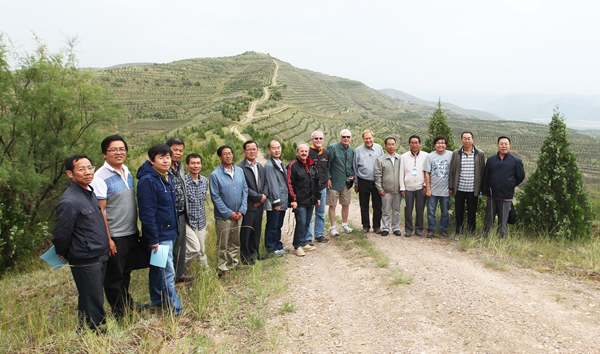
(Translated by Li Yafeng; proofread by Sissi Xu)


